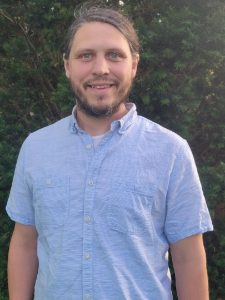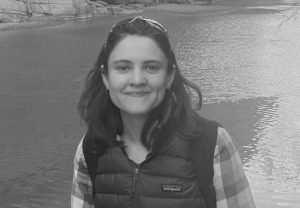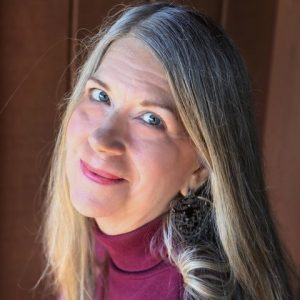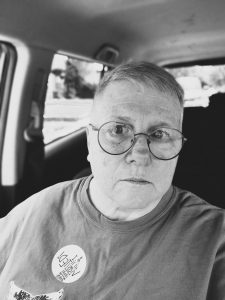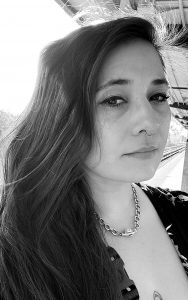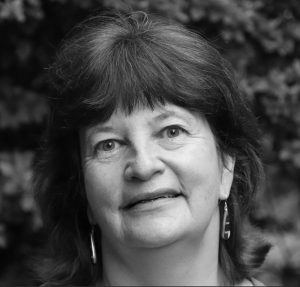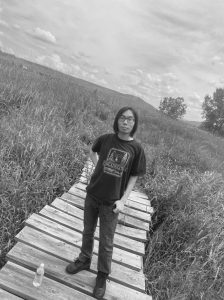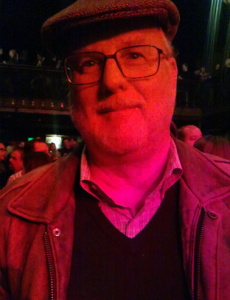
Graves warehouse
immortality like a bank
stores bullion. Yet,
if the need arises,
a defunct cemetery
may wish to break
open the marble assets
deposited to its care
by evicting a few
unaccounted bodies
and auctioning off
its surplus headstones,
now repurposed as rip rap
for the Betsy Ross.
At low tide, when
the velvet waters
draw back you
can see the markers
stacked around
the bridge piers like art
displayed in a rich
man’s parlor, names
and dates showing
on their banknote
faces. They have ages
left, standing security
for capital improvement
in perpetual care, though
not as was intended.
Chris Bullard is a retired judge who lives in Philadelphia. In 2022, Main Street Rag published his chapbook, Florida Man, and Moonstone Press published his chapbook, The Rainclouds of y. Finishing Line Press has accepted his chapbook, Lungs, for publication in 2024. He was nominated this year for the Pushcart Prize.
